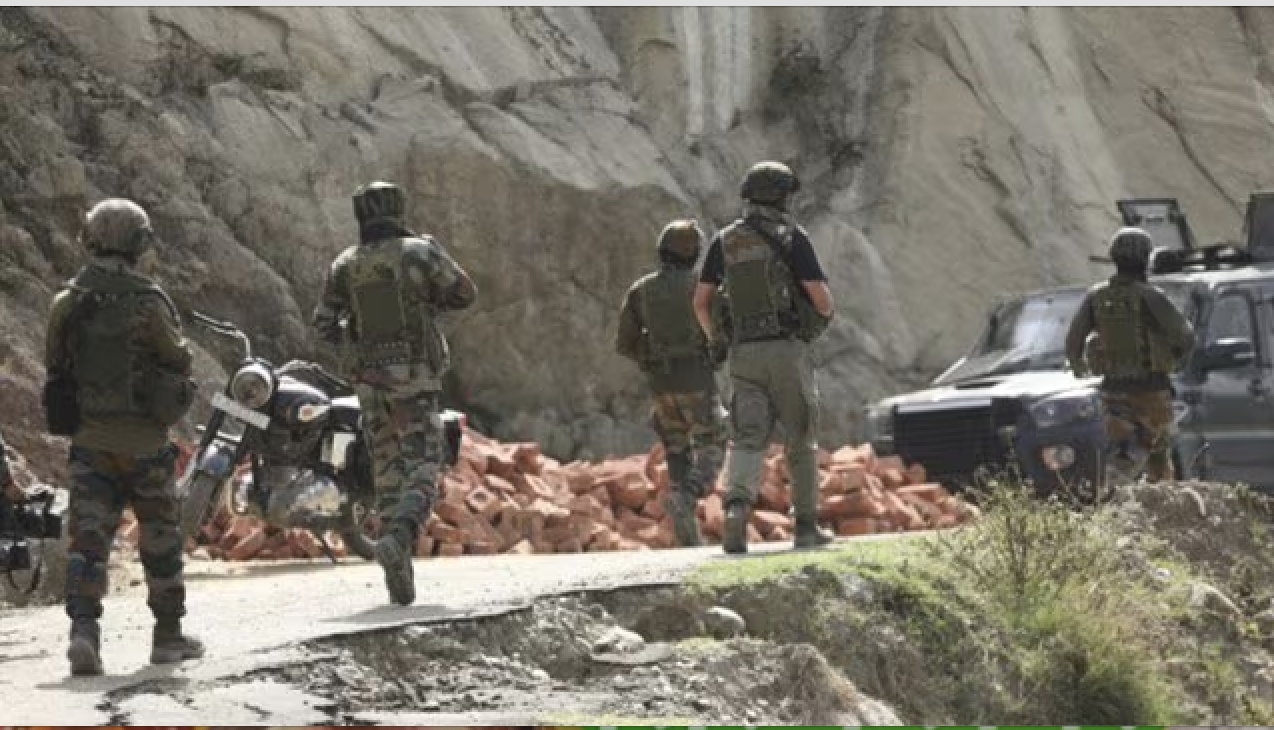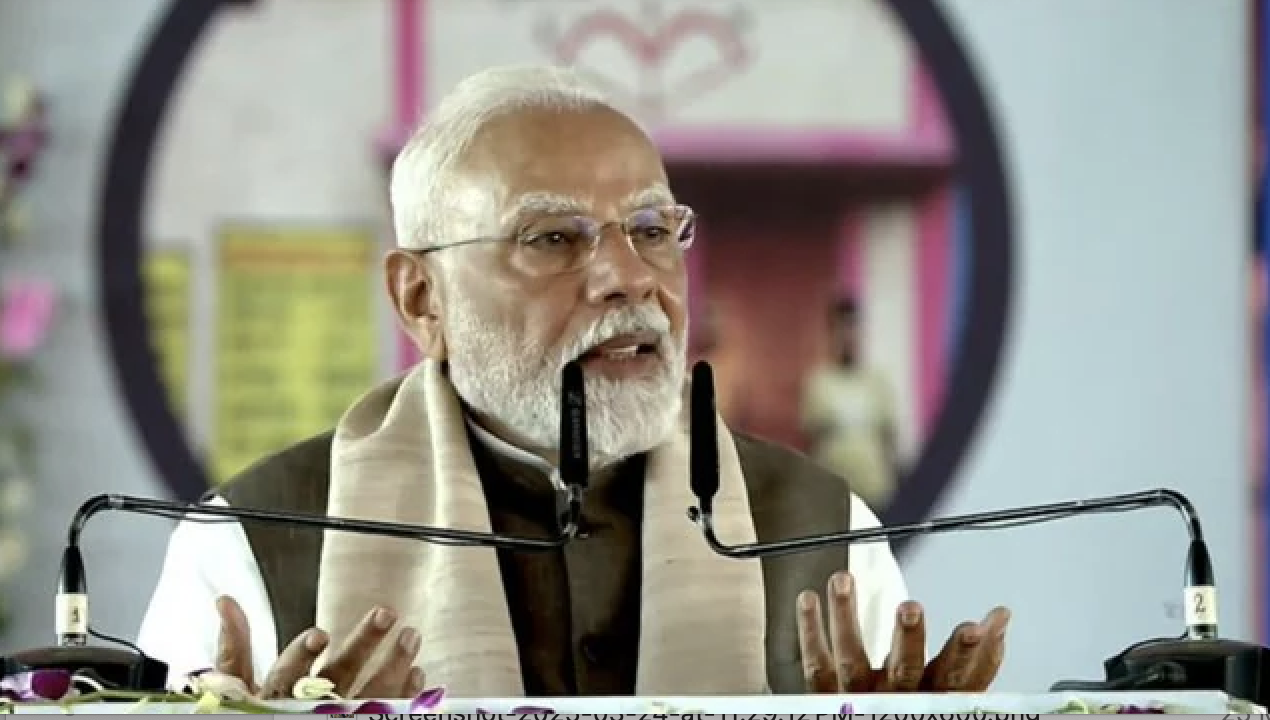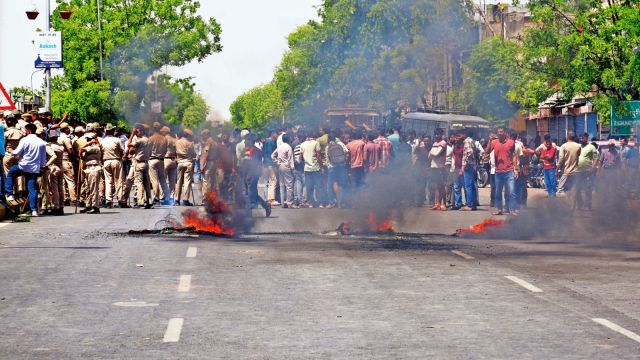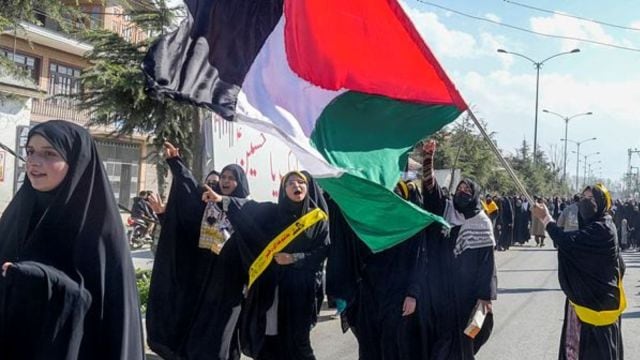
By Abhay Regi
In July 2020, Maria Hadden, a member of the Chicago city council, introduced a resolution expressing solidarity with the South Asian community, “regardless of religion and caste,” and urging the federal government to “support legislation and other action promoting secularism and tolerance in India.” It noted that the latest annual report of the United States Commission on International Religious Freedom had called India a “country of particular concern” and criticised the Narendra Modi government’s passage of the Citizenship (Amendment) Act, as well as its repression in Kashmir.
Hadden’s resolution was largely symbolic. According to the Chicago Tribune, it was “one of dozens of similar ceremonial introductions by council members each year, the vast majority of which sail through or get approved with little controversy.” A number of municipal councils across the country had passed similar resolutions pertaining to India since the anti-CAA protests broke out, a few months earlier. But, faced with stiff opposition from Hindutva organisations and Indian consular staff, Hadden was unable to get the resolution to a vote until March 2021, with even a watered-down version failing to pass.
The opposition was led by Bharat Barai, a Chicago-based oncologist who had served the Rashtriya Swayamsevak Sangh’s interests since migrating to the United States in the early 1970s. In 1993, he had hosted Modi and the Bharatiya Janata Party president, Murli Manohar Joshi, who were visiting the country in the aftermath of the Babri Masjid demolition. (Modi would return the favour, earlier this year, by inviting him to the consecration of the Ram temple built on the site.) Barai had lobbied against the sanctions imposed on India following the Pokhran nuclear tests, in 1998, and organised a series of Gujarat Day events in which Modi could address members of the diaspora despite being denied a visa after overseeing the anti-Muslim pogroms of 2002. With the support of William J Walsh, a Republican legislator whose unsuccessful re-election campaign in 2012 received over half a million dollars from a Sangh affiliate, he had successfully campaigned to restore Modi’s visa, organising a grand reception at New York’s Madison Square Garden after the 2014 election.
This story was originally published in hindi.caravanmagazine.in. Read the full story here.






